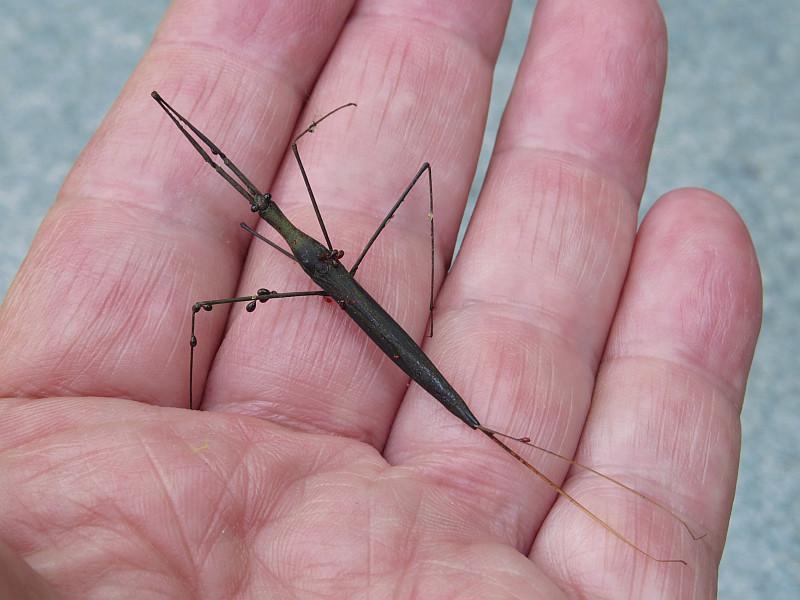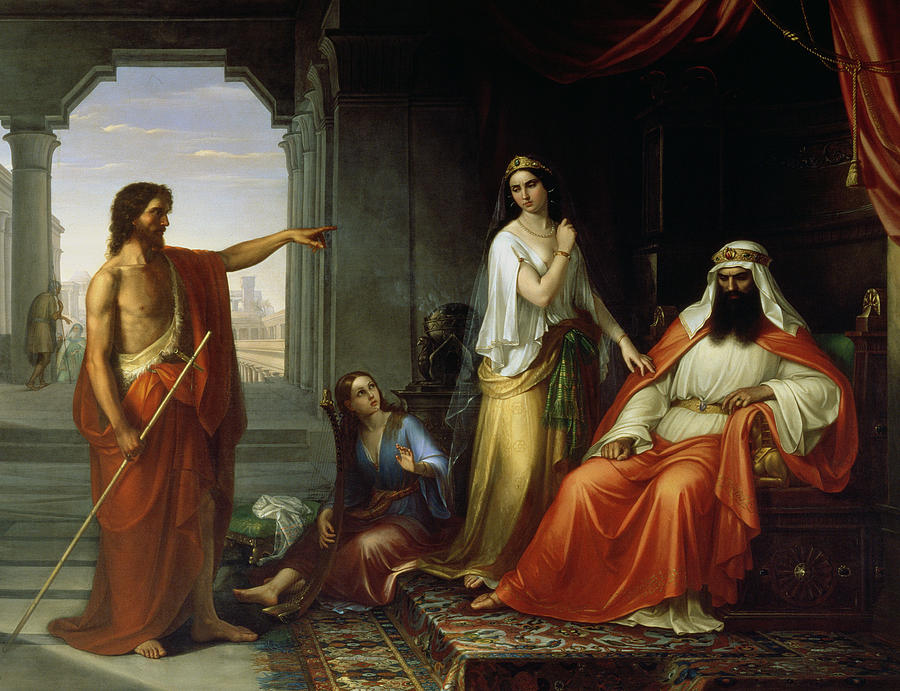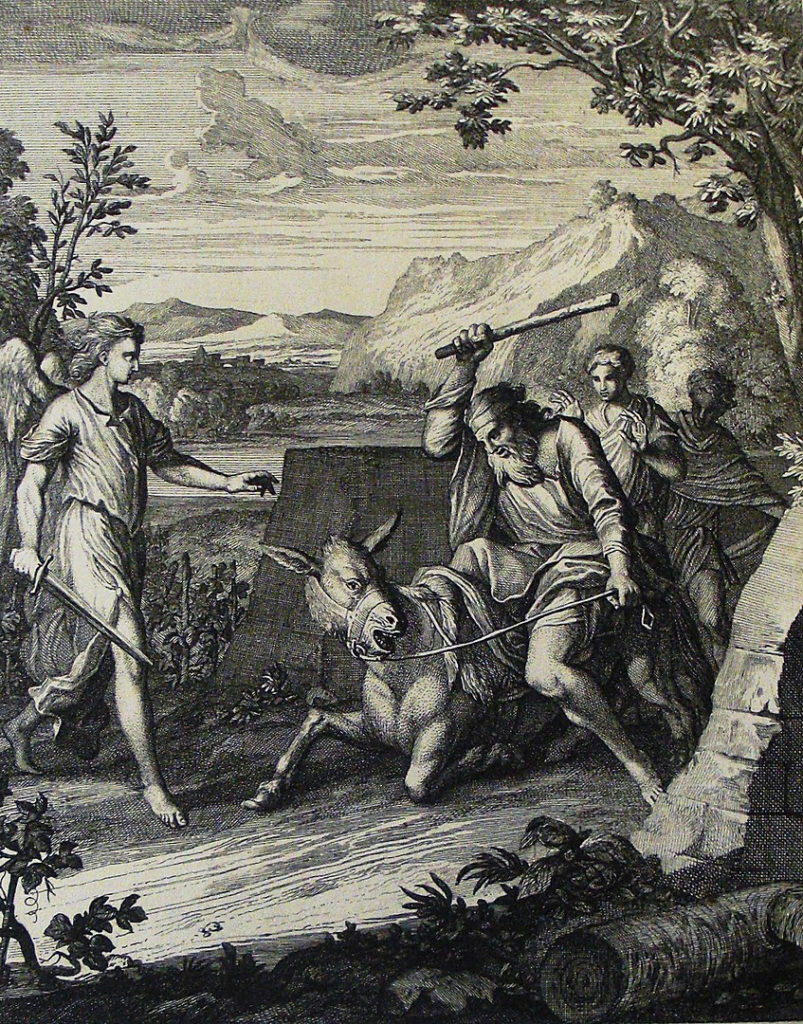I first connected with Ryan O’Connor through farmers Jen and Bryce Riemer. They are friends of both Ryan and I, and they introduced Ryan to this blog. When I read a sample of his writing and talked with him by phone, I quickly realized I had found a kindred spirit. What struck me most was how filled with a whole, Spirit-led faith he and his family were. The way they live, think, and orient themselves towards God in all they do is beautiful.
Ryan has put down deep roots in his church and has worked to help his fellow believers to integrate their common life with the commons of God’s Creation. I’m very grateful that Ryan has taken the time to share lessons and insights he has gained from this experience. I know you’ll be inspired.
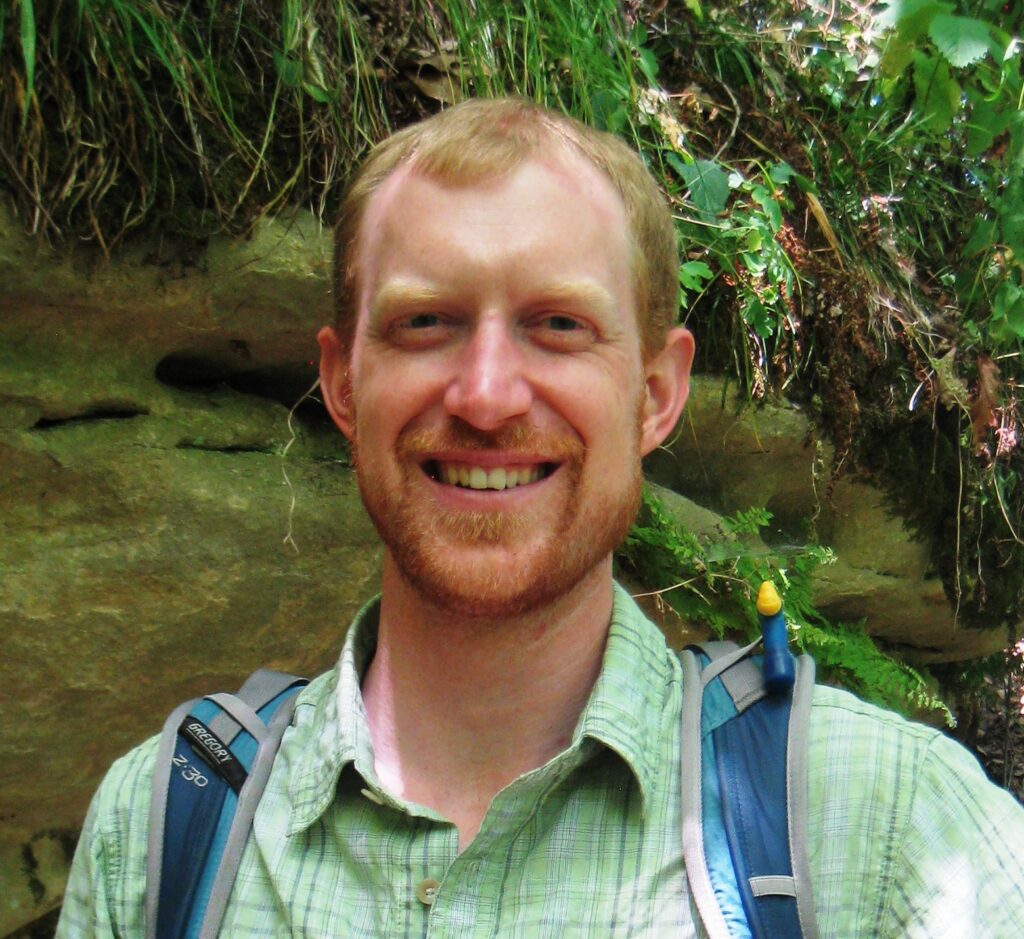
Ryan O’Connor
I often get asked “How can I start a Creation care group at my church?” or “What can I do to expand our small team into something larger and more vibrant?”
Each situation is unique, but the following are a few lessons I’ve picked up along the way. I have led and participated in faith-based Creation care activities for 20 years, combining my professional training as an ecologist with my personal passion for others to see God in His Creation and care for what He has made.
I’ve also learned many lessons from other people. Others I’ve learned by accident. But wherever you are in your efforts, I hope they will encourage and perhaps inspire you to try something new.
1. Don’t be afraid to approach your pastor.
When I wanted to start the Creation care team at my church, I wasn’t sure what my pastor would think. I’d never heard him talk about Creation care, and it was hard to imagine him seeing it as a priority. However, I arranged for a meeting and pitched the idea of forming a team. I was surprised to hear how enthusiastic he was. He shared how he had experienced first-hand the environmental degradation and water pollution in coastal cities around the world during his time with the Navy.
Never assume your pastor is a barrier. He or she might be your strongest advocate.
2. Find common ground
Katherine Hayhoe, a climate scientist, Christian and one of Time Magazine’s top 100 most influential “people of the year” (2014), points out that every human person—and certainly every Christian—already has the values they need to care for the earth. We just need to connect through shared values – whether those are saving money through increased energy efficiency or rooftop solar; beautifying our homes, towns, and churchscapes with native plants or community gardens; or reducing the effect of pollution on the unborn and most vulnerable in our society.
This principle applies to your congregation as a whole and to your conversations with your pastor and elders. They might take some convincing, but if you can highlight the common ground of your shared values, you’ll likely have success.
3. Involve and empower others
Our goal should be to strengthen relationships with people in addition to our relationship with Creation. That means being a facilitator rather than a dictator. Find out what excites other people and help them do it.
In my church, I recently tried two approaches to forming a team, almost by accident. The first was oriented around a specific goal of exploring the possibility of installing solar panels on the church grounds. With the support of the pastor we recruited team members and got a dream team including several experts in renewable energy. After several months of progress, we ran into a snag: the roof was aging and was scheduled for replacement in a few years. It made no sense to put panels with a 30-year lifespan on a roof that would be torn off in three. Our team needed to pivot to other projects, but it was full of solar enthusiasts. Participation fizzled.
Later that year, with a skeleton crew, we managed to host a movie and discussion and used it in part as a recruiting tool. Several new people joined the group. When we met again as a reinvigorated team, I presented a range of options for our next projects. I then asked people what they were interested in. I followed that up by asking what they would be willing to lead.
The response was tremendous. We went from planning one initiative per year to five. More importantly, people felt empowered and recognized the critical role they could play.
4. Start with an event
Plan a one-time event that is educational and fun and use it to launch your group and recruit new members, as described above. Hosting a screening of a documentary and discussion is a low-barrier option that you can pull off with just a couple of people. Numerous popular titles are available. Some are even free from the producers.
Another option is hosting a presentation given by a local expert on your topic of choice from the church, community, or local university. You might even consider a screening of a TED Talk available on the Internet.
Remember that your choice of topic will influence who attends, so orient your event around a subject you want your group to tackle. Be sure to screen your movie, TED Talk or presentation slides beforehand and plan thoughtful discussion questions.
Finally, keep in mind your own objectives for the event. Since a key objective is to attract ongoing engagement, pass around a sign-up sheet with a checkbox for participants to indicate if they are interested in joining your team. Orient your discussion questions around your objectives, too. If you want to know what issues members of your church are concerned about, make that a question during the discussion and find someone to take notes on their responses.
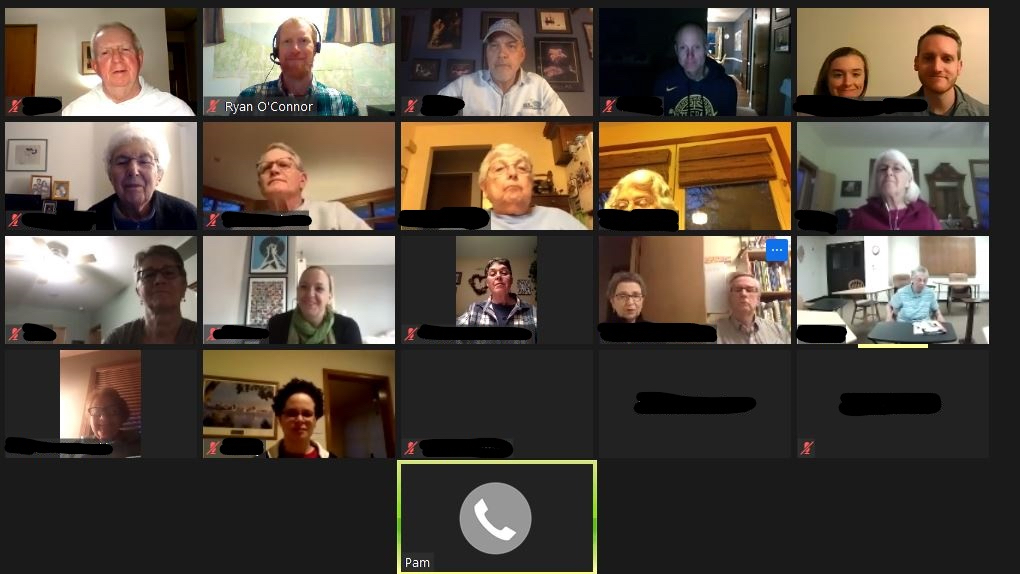
Gallery view of a study event Ryan recently organized via Zoom for his church.
5. Approach others from a place of great enthusiasm and great need
Nothing is more attractive than hopeful, passionate enthusiasm. But people sometimes can feel that help isn’t wanted or needed if someone looks like they already have all the answers or there isn’t room for their ideas. A pitch that’s grounded in both your passion as well as why others have a critical role to play creates a more inviting space for others. Articulating why “now” is an important moment of opportunity also creates a positive energy that draws people in to your cause.
Remember to pitch a positive, hopeful message. Fear, anger, and frustration don’t motivate. They usually drive people away.
6. Inspire and encourage personal action
During the COVID-19 pandemic, my team needed to quickly change gears from an in-person study we had planned. Instead we went virtual, and the response was overwhelming. We had more people from outside the church than current members. These new participants included eight enthusiastic women from a rural parish an hour away, a leader from Texas, and a woman in Canada.
At the end of the four-week study, we asked people to make a commitment on at least one thing they would change about their habits, or take a step toward something they had been putting off. The response from participants was incredible. Commitments included looking into electric vehicles, calling contractors about roof-top solar, eating more vegetarian meals, buying only sustainably-raised meat, and engaging friends and family in conversations about Creation care.
Gently asking people to make a verbal or written commitment is a simple but powerful way of encouraging action. When done in the presence of others in a supportive community, such as at the end of a group study, you leverage social norms (i.e., everyone else is doing it too). There is also an implied sense of accountability. When I was first asked do to this in a study, I felt deep inside that I needed to follow through, because I made a commitment to others.
7. Educate, serve, AND advocate
Most church groups focus either on either educational or service events, but mature, effective groups also advocate for systemic change as a component of their mission. We are called to be salt and light to the world, not just to our church. We are to go into all the world and proclaim the Good News. This could be either working within your faith denomination or working with local, state, and national leaders to promote policies that are more just for vulnerable people and better for creation.
Bob Lindmeier, longtime meteorologist in the Madison, Wisconsin area, has been an outspoken advocate for common ground action on climate change. He’s also been active in getting not only his Lutheran church to go green by installing solar panels, but was also instrumental in getting the ELCA South-Central Synod of Wisconsin to endorse a specific policy to address climate change, something organizers call a “grasstops” effort.
This type of advocacy involves working with church, civic, and business community leaders. While it takes a bit of work, it can lead to bigger and more systemic change. Getting local leaders on board with your cause can also carry more weight with agencies and politicians if laws or policies need to be changed.
Whenever you engage in advocacy, it can be helpful to work with other groups who are already organized, have developed effective messaging, and whose mission and approach aligns with your values. I’ve volunteered for a number of years with Citizens Climate Lobby, a bipartisan grassroots group with hundreds of chapters around the nation and world. I like them because they are highly strategic in both their solution and approaches and are fully committed to respectful dialog. Their main objective is to solve the climate crisis. But their secondary objective, and one of their main strategies, is to build positive long-term relationships with everyone they talk to, whether a prospective member or a skeptical member of Congress.
8. Include Food
Never underestimate the power of the plate in bringing people together! Incorporating a meal or snacks into your group gathering builds a sense of community among your creation care team and participants at an event.
Making different food choices is also one of the most tangible and accessible steps most people can take to reduce their environmental footprint. Your group can model putting faith into action by using fair-trade coffee, local produce, grass-fed meat or a vegetarian entrée, for example.
Whether you’re in the early stages of starting a Creation care group or part of a well-oiled team looking for fresh ideas, we all have room to grow. While these are a few things I’ve learned, your wisdom is welcome, too. Feel free to share your own tips and lessons learned in the comments below. Finally, all of us would do well to continually ask for a fresh outpouring from the Holy Spirit of the knowledge and wisdom of what we’re being called to next and for the courage to take the first steps.
Ryan O’Connor works as an ecologist in the Great Lakes region, combining faith and science to help serve, protect, and restore God’s earth. He has been involved in Creation care in churches for over 20 years. He currently leads the Creation care team at Blessed Sacrament Catholic Church in Madison, Wisconsin, where he attends with his wife and daughter. His written work has appeared in the online and print journal, EcoTheoReview, including a reflection on The Beautiful, the Good, and the True: Through the Eyes of Lapland Azalea, about climate change, the fate of a rare cliff-dwelling plant, and the theological virtues of sharing a small closet.




